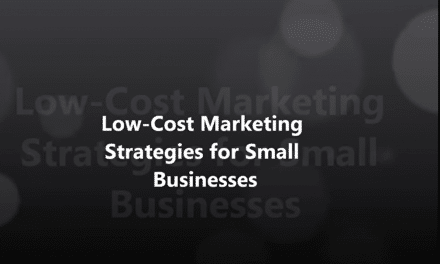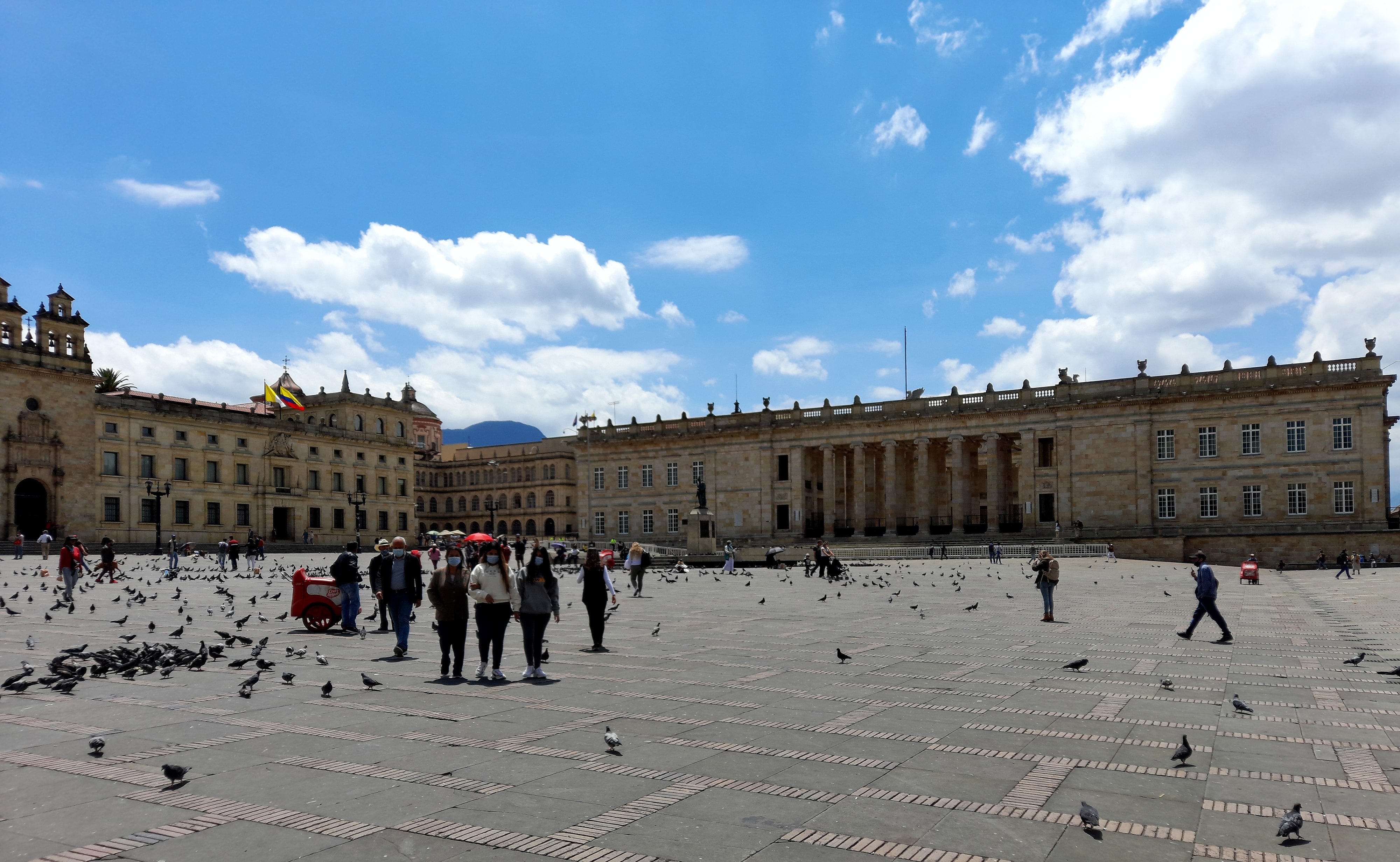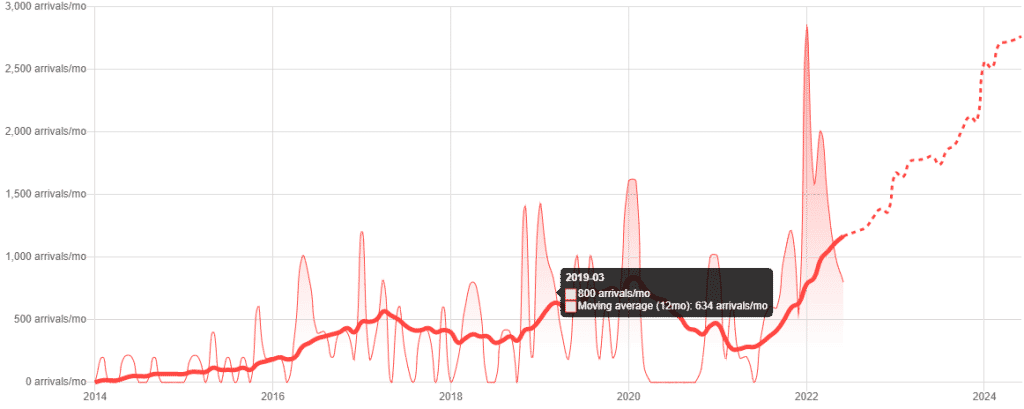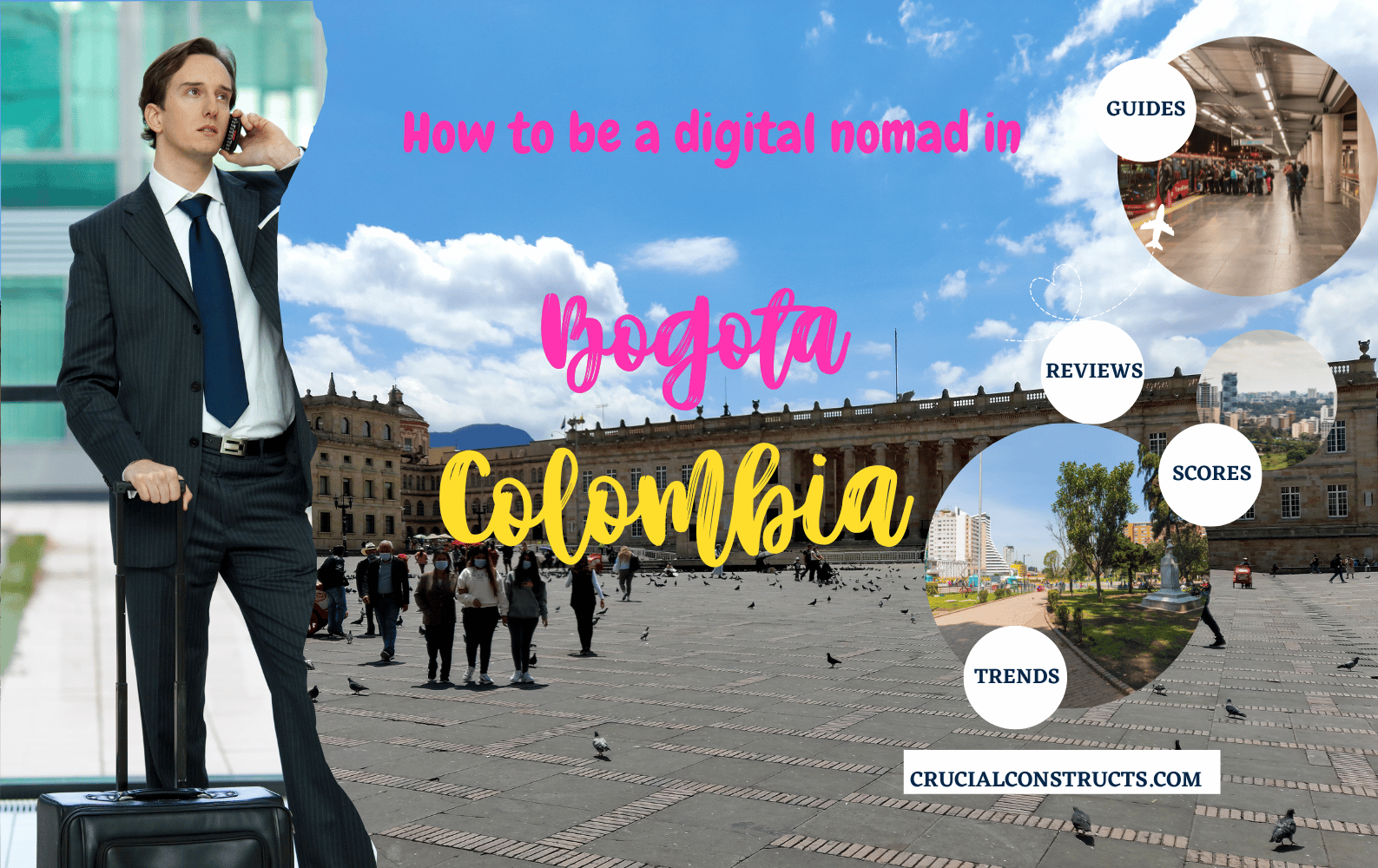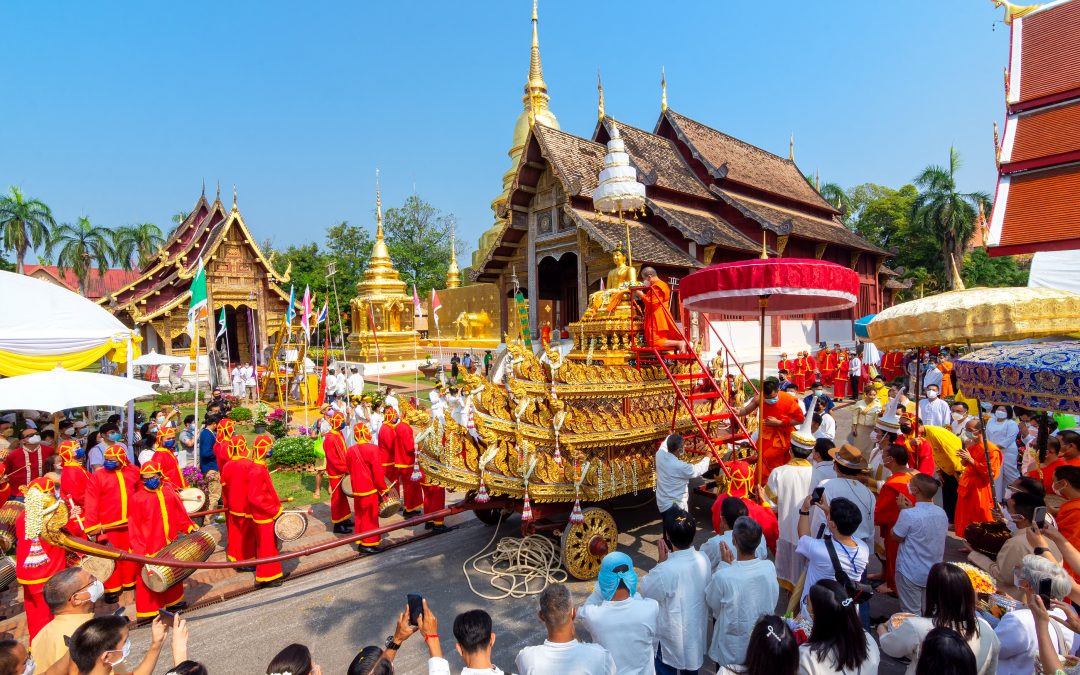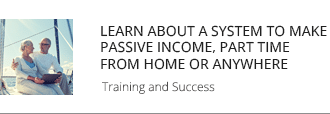25 Best Things to Do in Bogotá (Colombia).
Do not be frightened by the vast, busy city of Bogotá. Colombia’s capital is historical and jam-packed with touristy things to do; however, it has a cool, hip, and even stylish side to it. From its weekly Ciclovía bike path through the streets to its high-end communities filled with excellent dining establishments, parks, and outstanding nightlife, Bogotá is a genuine cosmopolitan city.
At the same time, though, you’ll enjoy the genuine culture, markets, and street art you’re surrounded by daily. And after you’ve checked out La Candelaria up through Zona Rosa, you can go out of town for some excursion to colonial towns, lovely lakes, and remarkable waterfalls.
1. Walk Through La Candelaria.
This is most likely the first thing travelers carry out in Bogotá since La Candelaria is the city’s historical center.
These vibrant, bohemian streets are convenient to several travel destinations; the location can be a little questionable, specifically during the night, so understand pocket pickers.
Follow the cobblestone streets past vibrant Spanish colonial structures and university halls, look at the street art, and pop into a couple of cathedrals.
Have a beverage at one of the many bars, coffee shops, and dining establishments, and individuals enjoy it- there are numerous artists and artists around the location.
2. The Gold Museum.
Bogotá’s Museo del Oro is the city’s most popular (and perhaps the most fascinating) museum, and it houses more than 30,000 pieces of gold.
There are three floorings filled with artifacts gathered from Colombia’s pre-Hispanic cultures, each concentrating on various styles.
Find out how these individuals found, mined, and then worked the metals, making precious jewelry, masks, bowls, offerings, and armor.
Discover the importance and spiritual elements of gold’s daily usage.
The entire museum is effectively done and spectacular, plus the entryway cost is little for this significant and comprehensive check out of the past.
3. Climb up, Monserrate.
Stroll the high steps up the hill (or take the funicular) to this amazing perspective of stretching Bogotá.
There’s a little white church at the top; however, climbing up Cerro Monserrate and seeing the city from above is the genuine destination here– be sure to remain hydrated and mindful of the elevation. There are several expensive dining establishments up leading; however, there’s likewise a sandwich shop where you can get beverages and food while you take in the views (they have coca tea if you’re injured from the climb). Beware who you choose; however, the Colombian superstitious notion surrounding the hill states that couples who go to Monserrate together will never get wed.
4. Plaza Bolívar.
Head to the center of this capital city to see where federal government organization gets done.
This vast, pigeon-filled plaza houses Colombia’s Palace of Justice, the Capitol Building, the Cathedral of Bogotá, and the city mayor’s workplace.
You’ll see great deals of authorities around; however, they’re just for security as the Presidential Palace– the Palacio de Narino– is simply around the square too.
Find out a little about Colombia’s history, from its defense self-reliance to the days of Pablo Escobar’s siege of the Palace of Justice, to truly get the most out of your go-to here.
5. The Salt Cathedral of Zipaquirá.
Among the most popular excursion from Bogotá, the Salt Cathedral lies in the town of Zipaquirá, about an hour outside the city.
This entire cathedral was sculpted deep underground in a salt mine, consisting of alcoves for worshipping and magnificently lit crosses.
It’s substantial, too, like a little town set 590 feet (180 meters) underneath the earth with locations to consume and purchase ornaments.
Get here early to beat the crowds, register for the regular trips, and take a while to check out the colonial town close by as soon as you’re done.
6. Andrés Carne de Res.
It’s not simply a dining establishment; it’s an experience.
The initial Andrés Carne de Res is in Chia, a little town outside of Bogotá; however, now there’s a place in Zona Rosa.
When you’re all set for a wild night out, choose a huge group or register for a journey with a hotel or hostel that’ll supply transport (and instantaneous pals). This is a dining establishment turned bar turned carnival where you can get your fill of Colombian food and all the merengue and salsa dancing you can deal with.
With various themed spaces, the environment resembles a celebration or circus with lots of dynamic decoration, mixed drinks, confetti, and even parades.
7. The Botero Museum.
Colombia’s (most likely) most well-known artist, Fernando Botero, was from Medellín, and painted pictures, of famous people, animals, and fruits … all chubby.
The artist is understood for his paintings of obese folks, and many of his works now await the Botero Museum in Bogotá.
Found in a beautiful, refurbished colonial home with an internal yard, admission to this globally essential collection of art is complimentary.
The museum likewise houses several art pieces by other popular painters like Picasso, Monet, and Renoir.
8. Street Art Tour.
You could walk aimlessly through Bogotá and see a lot of terrific street art; however, why not get the pros to reveal you around? Graffiti trips are another incredibly popular activity here, and they’re an excellent method to see the very best of the very best.
Regional guides will tell you a little about the artist, the social motions that the paintings represent, or the politics they’re speaking up versus.
It’s a mind-blowing checkout of Bogotá and Colombia’s turbulent past and enthusiastic future.
9. Mercado de las Pulgas de Usaquén.
This street market occurs on Sundays in Usaquén, north of Bogotá.
Suppliers established stalls and camping tents in the park and down the streets to offer handicrafts, ornaments, and great deals on things different from the normal mementos you’ll discover in Colombia.
You can purchase high-quality, handcrafted products like bags, shoes, and fashion jewelry here.
This location is filled with high-end dining establishments and coffee shops; however, throughout market days, you’ll discover lots of inexpensive foods alternatives on the street– like cupcakes, sausages, fresh juices, and cheesecakes– plus Bogotá Beer Company has a place here for when you’re done shopping.
10. Take a Bicycle Tour of the City.
While it would not appear like the best thing to do in a huge, busy city, bike trips to Bogotá are popular.
They’re likewise an outstanding method to see a few areas that are expanded and some you would not visit by yourself.
From fruit markets to tejo video games to the Plaza de Toros and a stop for coffee, you’ll get to taste (actually, in many cases) several parts of the city.
The guides are terrific at storytelling and keeping you safe, and it’s a method much easier to make it through that rush hour on a bike than you may believe.
Bogotá Bike Tours has two trips leaving daily from La Candelaria.
11. Take a Day Trip to Villa de Leyva.
Leave the city and experience Colombia’s most charming little colonial towns.
This town has a remarkable main square, cobblestone streets, and extremely unspoiled Spanish architecture.
While you’re here, please look at some special destinations like Casa Terracotta, an entire working home constructed out of clay– lots of states, it’s the biggest piece of pottery worldwide.
There’s likewise a museum of fossils and even a vineyard.
There are now a lot of store hotels if you wish to invest the night; however, prevent the weekends as that’s when the travelers from Bogotá flock here to go and it gets crowded.
12. Zona Rosa.
This Bogotá area is high-end, fashionable, and understood for its nightlife.
It’s likewise a great location to base yourself if you’re not too fussed about listing beside all the touristy stuff in town.
It’s home to lots of dining establishments, shops, shopping centers, bars, and the really good Parque 93, which is surrounded by stores and many more locations to consume.
You’ll discover whatever night activities your heart desires here, from laid-back bars serving craft beer to raving clubs and the celebration dining establishment Andres D.C. “Zona T” is a fantastic pedestrian location with outside seating and many locations for dancing when nighttime rolls around.
And El Chapinero is a gay-friendly location within Zona Rosa with great deals on gay and lesbian bars.
13. Laguna de Guatavita.
Wan na take a break from the city and get a dosage of nature? North of Bogotá and surrounded by green rolling hills, you’ll discover Lake Guatavita, where the story of El Dorado stemmed, and a spiritually substantial location for regional native groups.
Trek through the biodiverse, jungle-like Paramo to get to the rim of this crater lake for views of the water listed below.
Schedule a guide if you’d like transport and to hear more about the Muisca individuals, the misconception of the golden kingdom, and the plants and animals of the location.
14. Parque Central Simón Bolívar.
For a huge capital city, Bogotá has many green open spaces where individuals gather, work, consume, and hang out with their households.
Simón Bolívar is the city’s Central Park, and it’s a massive complimentary park that gets very hectic on the weekends.
There’s a lake with ducks where you can lease little boats and great deals on routes where you can stroll, jog, or fly bikes.
In the summer, bands and entertainers take the stage, and a popular occasion called Rock in the Park brings in well-known entertainers and many fans.
Load a picnic or get a bite at the inexpensive cafeterías close by for lunch on a bench, in the yard, or on the sand by the lake.
15. Play Tejo.
The nationwide sport of Colombia is tejo, a video game that includes gunpowder, targets, and loud surges.
A couple of beers generally accompany it, so you must certainly play several rounds while in Bogotá.
Gamers toss heavy metal disks throughout the space (about 20 meters) at little gunpowder-filled targets penetrated clay.
Striking one leads to a loud bang, cheers, and points for your group if you keep rating.
Attempt Club de Tejo La 76 if you wish to play, and possibly head upstairs for “small tejo,” where it’ll be simpler for novices to strike the targets.
Some bike trips to Bogotá may likewise take you to a tejo joint.
16. Attempt Ajiaco and Chocolate Completo at La Puerta Falsa.
Attempt some traditional regional food while you’re in Bogotá, beginning with ajiaco– a chicken stew with potatoes and corn, accompanied by garnishes of capers, avocado, and cream– at La Puerta Falsa.
Developed in 1816, La Puerta Falsa is a popular old dining establishment near Plaza Bolívar that dishes out standard meals.
Purchase the chocolate completo– hot chocolate, cheese, and fresh bread– a normal mid-morning treat in Colombia.
While it seems like an odd mix, dipping your cheese into hot chocolate till it melts is tasty.
There are numerous dining establishments with La Puerta Falsa serving the same things if it is very hectic.
17. Plaza de Mercado de Paloquemao.
Check out a genuine market while you’re in Bogotá to search the fresh choice of foods and see how the residents purchase groceries.
Plaza Paloquemao is home to a fantastic choice of suppliers offering fruits, veggies, flowers, spices, eggs, seafood, and recently-butchered meats.
There are likewise stalls offering prepared foods like ajiaco, tamales, fried fish, and soups beyond the marketplace.
Go early, do not anticipate any English, and be gotten ready for an incredible sensory overload.
You can have breakfast at the marketplace before wandering around to take images and attempt a couple of unique fruits.
18. Teatro Colón.
Integrated in the late 1800s and developed by an Italian designer, the Teatro Colón was called after Christopher Columbus, the nationwide theater of Colombia.
This marvelous structure was built in a neoclassical design and had lovely interiors embellished with frescoes.
The seats are embedded in a horseshoe shape designed around the Palais Garnier in Paris, though it’s just half the size.
Examine online to see what programs are on and head to the theater to buy tickets or take a directed trip to look around.
There are operas, performances, and modern-day plays to select from, and the entire experience has a wonderful, romantic ambiance.
19. Zona G.
Just a little south of Zona Rosa is another high-end area filled with hip dining establishments, coffee shops, bars, classy hotels, and lovely tree-lined streets.
Zona G (the “G” means “premium,” obviously) has a variety of various foods. Though it isn’t that inexpensive, it’s an enjoyable location to invest a night consuming and bar-hopping.
You’ll have your choice of steak, Mexican, Peruvian, Lebanese, and Colombian, plus a couple of coffeehouses and breweries.
Aside from beverages and expensive, romantic suppers, you can roam your method over to the Plaza de Lourdes for its outstanding church, and low-cost consumes like churros and fried arepas.
20. Museo Nacional de Colombia.
Integrated in 1823, Colombia’s greatest and earliest museum was initially a jail built in the design of a fortress.
It’s genuinely huge and consists of over 20,000 pieces of Colombian history on display screen in over 17 irreversible galleries, which are utilized as cells.
There are pre-Colombian artifacts in addition to exhibitions about colonial times under Spanish guidelines.
Search the artwork, furnishings, and Afro-Caribbean collections, and make certain to inspect which taking-a-trip displays exist when you go to.
The museum hosts great deals on unique exhibitions, workshops, and musical efficiencies, which are popular.
21. Biblioteca Público Virgilio Barco.
Reserve geeks and fans of architecture will enjoy this massive library in Bogotá.
Found simply beside Parque Simón Bolívar with many gardens and reading areas, it was developed by among the most crucial designers in Colombia, Rogelio Salmona.
Mirror-like waters surround the round structure to produce a tranquil environment.
They have free wifi and art displays on display screen regularly– you understand, in addition to all the books.
There’s a coffee shop offering treats and beverages, in addition to an outdoor theater on the roof where views of the city are excellent when it’s bright.
22. Jardín Botánico de Bogotá.
This serene location is never too congested and constantly very tranquil and lavish.
Entry to the arboretums is cheap (less than 1 USD), and you’ll have free reign over the 19.5 hectares of gardens for an ideal day of being surrounded by nature.
There’s a lot of space to do some walking, or you can go out searching for lizards, turtles, ducks, peacocks, and other animals.
Because Colombia gets almost 12 hours of sunshine a day, the variety of plants here is outstanding, and you’ll discover unique flowers along with a rose garden.
Have a treat from among the food stalls, or take an assisted trip to read more about the plants here.
23. Consume More Colombian Food.
There’s a lot to consume here in Colombia.
You’ll require to attempt sancocho, a thick, meat-filled stew with potatoes and corn, and after that, a few of the succulent, sluggish roasted pork referred to as lechona.
You’ve got to get an Aguila or Club Colombia beer and some cheese-filled arepas.
Please make certain to taste their remarkable Colombian coffee, fruit juices, and the anise-flavored alcohol aguardiente.
Or even better, get the assistance of an experienced guide and take a Food Safari with the Bogotá Foodie.
You’ll get to strike conventional markets to attempt unique fruits and sample foods like fish stew, lechona, pastries, tacky bread, coffee, and empanadas.
24. Trek to La Chorrera and El Chiflón Waterfalls.
These two waterfalls lie beyond Bogotá, and they’re about a 3-hour round-trip trek through lavish and intense green plant life.
The drive there will take you through the edge of the Andes, with gorgeous views of stunning colonial towns, cliffs, and forests.
Take the bus there yourself and pay the entryway charge, or go on an arranged journey with a hostel or trip business to set up transportation, guides, and meals.
The paths can be exhausting and muddy; however, the tracks are well-marked, and the pounding waterfalls are extraordinary (and fantastic for a swim after all that strolling).
25. Ciclovía Sundays.
If you’re here on a Sunday, you’ll see how incredible Bogotá is when it shuts down over 100 kilometers of roadways to vehicles for the weekly Ciclovía.
Friends and families bring out their bikes, skateboards, rollerblades, and pet dogs to get moving in the city.
Lease a bike and participate in the enjoyable like a regional– it’s a terrific method to experience routine life in Bogotá while getting some workout.
Roadside food stalls turn up on Sundays, so you can get fresh juice or arepa as you check out.
And if you seem like participating in a workout or dance class, you can pop over to among the parks along the biking path for what’s called Recreovía– they’re free!


